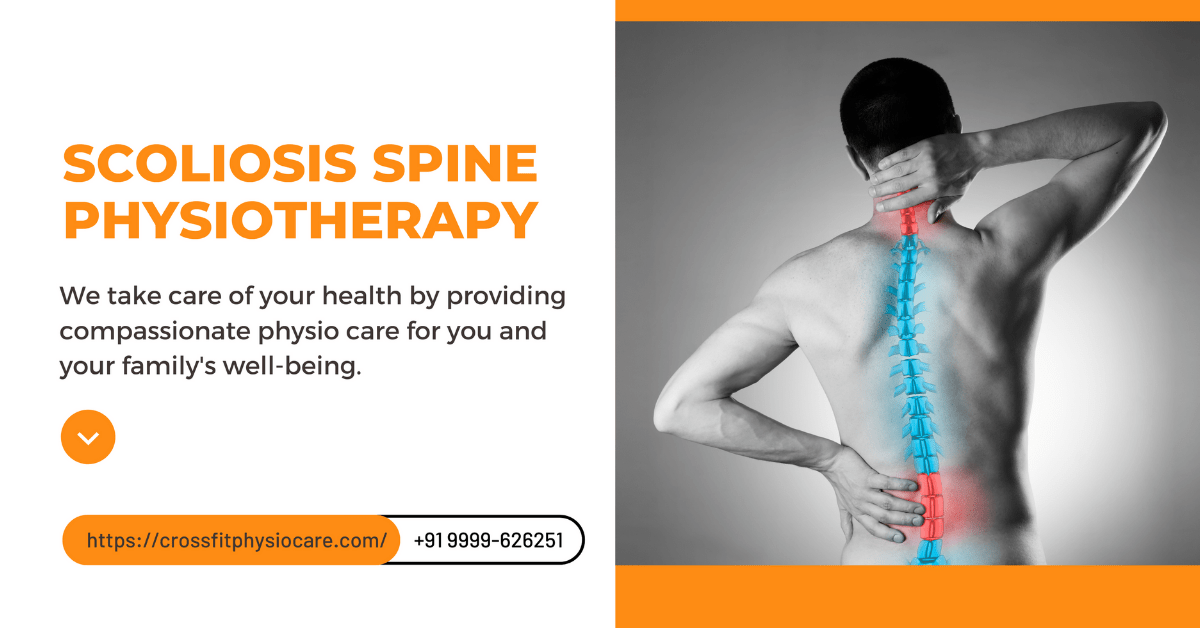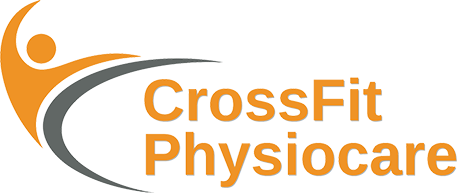
Scoliosis Spine Physiotherapy
Scoliosis is a condition characterized by an abnormal curvature of the spine, which can lead to postural changes and potential complications. Physiotherapy plays an important role in managing scoliosis by helping improve posture, enhancing flexibility, strengthening muscles, and addressing pain.
Here's how physiotherapy can be beneficial for scoliosis:
Postural Correction: Physiotherapists can assess your posture and provide exercises to promote better alignment and posture. Strengthening specific muscle groups can help support the spine in a more balanced position.
Strengthening Exercises: Targeted exercises are designed to strengthen the muscles of the back, abdomen, and core. Stronger muscles can help stabilize the spine and minimize the progression of the curvature.
Flexibility and Mobility: Physiotherapy focuses on maintaining or improving the flexibility of muscles and joints. This can help reduce muscle tension and improve overall mobility.
Breathing Exercises: Correct breathing techniques can help enhance lung capacity and maintain optimal chest expansion, which may be affected by spinal curvature.
Pain Management: Physiotherapists can recommend techniques to manage pain associated with scoliosis, such as stretches, manual therapy, heat therapy, and other modalities.
Patient Education: Physiotherapists educate patients about scoliosis, its impact on posture, and strategies for daily activities that can help reduce stress on the spine.
Customized Treatment Plans: Physiotherapy plans are tailored to the individual’s age, severity of scoliosis, and specific needs. A comprehensive assessment guides the development of a personalized exercise and treatment program.
Monitoring and Progression: Regular visits to a physiotherapist allow for ongoing monitoring of posture and spine alignment. The treatment plan can be adjusted based on progress and changes in the condition.
It’s important to note that physiotherapy cannot reverse the structural changes of scoliosis, especially in cases of severe curvature. However, physiotherapy can help manage symptoms, improve function, and enhance quality of life for individuals with scoliosis.
Before starting any physiotherapy program for scoliosis, it’s advisable to consult a healthcare provider, preferably a specialist familiar with scoliosis, to ensure that the treatment plan is appropriate for your specific condition.
- Daani Plaza E-595-596, 4th Floor, Ramphal Chowk Rd, Block E, Sector 7 Dwarka, New Delhi - 110075
- +91 99996 26251
- support@crossfitphysiocare.com
How can we help you?
If you are looking for the best and nearest physiotherapist, then click below to message us on WhatsApp.
